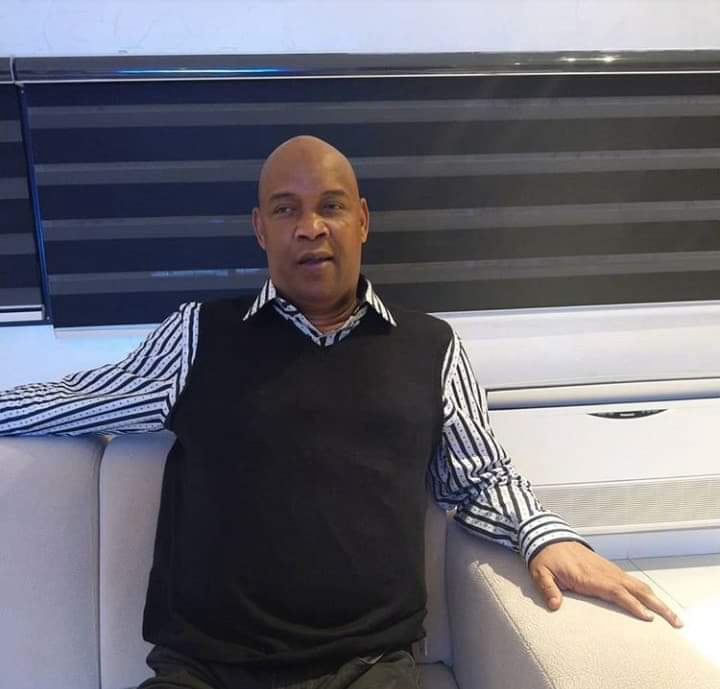By Bilesanmi Abayomi
The Association of Online Media Practitioners of Nigeria (AMPON) has urged journalists across the country to shun unethical reporting in the forthcoming general elections.
The Chairman of the association, Mogaji Sole Arisekola, made this known in his new year message in Lagos on Tuesday.
Arisekola, who is also the Publisher, The Street Journal Magazine said manifestations of unethical media reporting were particularly dangerous in the context of highly contested electoral processes in which objectivity and balance were compromised to suit the narrative of a superior interest.
“Media professionals should brace up to the challenges ahead of the elections especially since we are expected to participate in the process of social reconstruction and democratisation.
“While discharging our duties, journalists should not deviate from the ethics of the profession because this will not auger well for the nation.
“Unethical media reporting may as well give rise to abuse or irresponsible journalism that pursues sensationalism, biases, prejudices, plagiarism or even blackmail, as the case may be.
“Manifestations of unethical media reporting are particularly dangerous in the context of highly contested electoral processes in which objectivity and balance are compromised to suit the narrative of a superior interest.
“We must do everything possible to disconnect ourselves from such misconduct to protect the integrity and sanctity of the very noble profession.”
Arisekola said as they usher in the year 2023, the blessings and pleasant surprises was for them to continue to play their constitutional roles in informing, investigating educating and also in entertaining their numerous target audiences.
He noted that this was a time of keeping close tab on the government and other critical stakeholders that drive the economy and other national interests.
According to him, it is also a time for promoting truth and fairness through the news, opinions and stories we publish, conducting investigative journalism.
The chairman urged journalists to beam their searchlights on toxic atmosphere of disagreement within various ethnic groups, reflecting on divisions throughout the country and building discussions that could attract workable solutions.
Arisekola said journalism anywhere in the world had gone past the stage in which all a reporter does was to report what a man said at a function, adding that the responsibility was now huge and more technical to fit in to the contemporary realities, most of which were now ICT-based.
“You must upgrade and update your knowledge base, go for more research and training to always be on top of your game and be seen to be seasoned at what you do.
“Don’t be subservient to any politician or those with socio-economic influence in the society, because when the chips are down, the same people will call you out.
” They will also ridicule you, soil your name and possibly ruin all you ever worked for in your career without recourse to decency, decorum or propriety.
That is their way, therefore never fall for their antics or shenanigans, eschew covetousness, be satisfied with what you have and let your life style be moderate within the measure of your income,” he said.
The chairman, however, said as they all know 2023 was an election year in Nigeria, media practitioners must often understand and digest political candidate’s speeches and see if they were pertinent to the needs of the country.
He added that probe and interrogate the electorate reactions to issues, then do a follow-up to ensure enforcement and accountability so as to continue to gain public’s trust and commit to sharing the truth no matter whose ox was gored.
According to him, at at time like this, I also urge journalists in Nigeria to credibly wield their power gracefully to fulfill the promise the constitution imposes on the Fourth Estate of the Realm.
Arisekola said they must strengthen their commitment to ensure that voters in the country know the weaknesses and strengths of the candidates, their resilience and temperament and the character of their advisers.
He said no greater time was the agenda setting role of the media more important, than the time of elections.
The chairman said the information emanating from media sources were not only important for the citizens to make informed choices on voting, but also very critical in determining citizens’ participation in the process.
He said as such, there was the need for the media professionals; journalists-reporters, editors and media managers to understand the imperatives and mechanisms that will make them to be more professional.
Arisekola added that more conflict sensitive, more gender-supportive and indeed be more public interest/issue oriented in their coverage of the electoral and political processes.
He urged his colleagues to continue with their efforts and commitment in adding value to the ideal and enviable profession.

